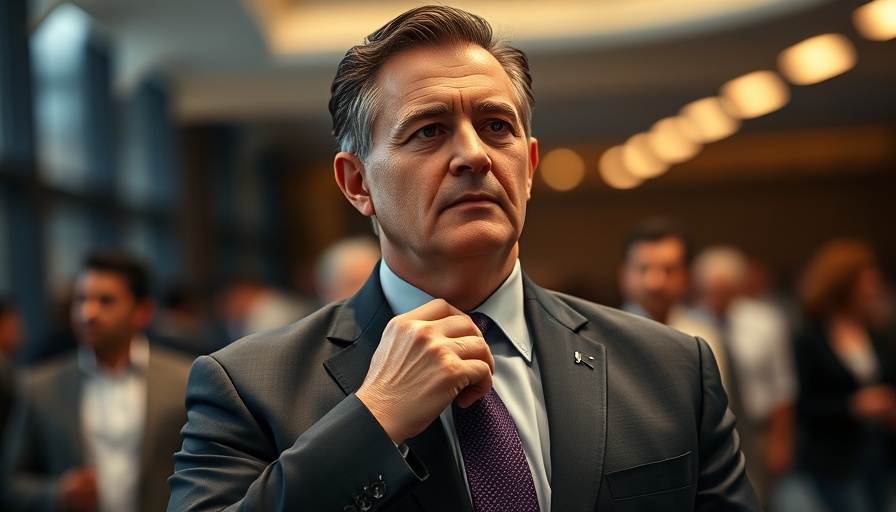
Andrew Bailey Takes the Helm at the FBI
On September 8, 2025, Andrew Bailey officially stepped into his role as the Deputy Director of the FBI, marking a pivotal moment in law enforcement leadership alongside Dan Bongino. This unprecedented dual structure aims to enhance operational efficiency and transparency within the Bureau. With increased scrutiny on federal agencies, Bailey’s partnership with Bongino—a former police officer turned media personality—signals a strategic shift aimed at rebuilding public trust.
The Significance of Leadership Structure
The unique leadership structure combining Bailey and Bongino embodies a proactive approach towards modern law enforcement challenges. With public perception of the FBI fluctuating, this collaboration seeks to unify efforts in addressing crime while simultaneously improving community relations. Such a partnership proves essential as the agency faces increasing demands for accountability.
Challenges in National Security
As crime rates evolve, new challenges emerge that threaten public safety across the United States. The FBI is actively responding to rising threats from organized crime, including drug cartels and gangs, particularly in cities like Chicago where violence is escalating. Just last week, in a related development, law enforcement officials highlighted their heightened focus on dismantling these criminal enterprises, a mission that Bailey and Bongino are tasked with leading.
The FBI's Role in Sensitive Political Environments
Bailey's leadership comes at a moment of complex political dynamics, with ongoing debates around the FBI's role in significantly charged cases, including investigations into political figures. Critics argue that the Bureau must maintain its independence and agile response to political interference. Thus, Bailey and Bongino must navigate these waters carefully, ensuring that their efforts enhance the agency's integrity without being perceived as partisan. Their synergy could serve as crucial in restoring faith within a skeptical populace.
Impressions from Political Leaders
The bipartisan reactions to Bailey's appointment reflect a mix of skepticism and cautious optimism. Many see Bailey’s extensive background in law enforcement as a beacon of hope for the FBI’s image while others highlight the potential pitfalls of intertwining law enforcement with media representation. This duality creates a critical discourse on responsible governance and the ethical implications surrounding law enforcement communications.
The Path Forward
Looking ahead, Bailey plans to prioritize strategic initiatives that balance accountability with operational efficiency. This involves enhancing training for FBI agents on community engagement, a key factor in rebuilding relations with the public. Engaging communities directly can lead to valuable intelligence while also restoring trust in a time of mistrust.
Conclusion: A Call for Engagement
As Andrew Bailey and Dan Bongino begin this unique chapter for the FBI, stakeholders across the nation are encouraged to engage with their local law enforcement bodies. Citizen engagement can serve as a powerful asset in crime prevention and community safety. Now, more than ever, it is vital for individuals to participate in discussions surrounding law enforcement practices and lend their voices to shape the future of policing in America.
 Add Element
Add Element  Add Row
Add Row 



Write A Comment